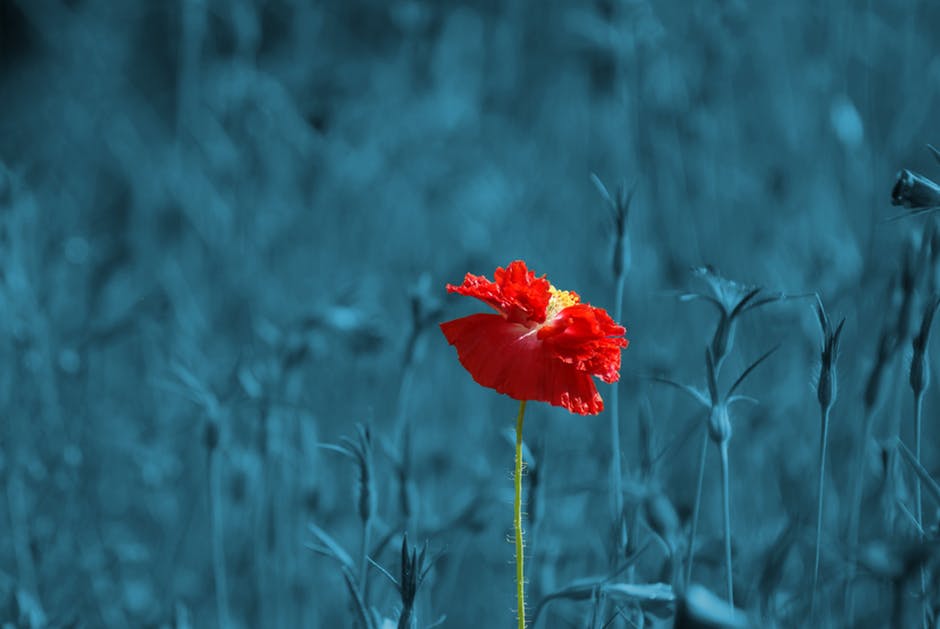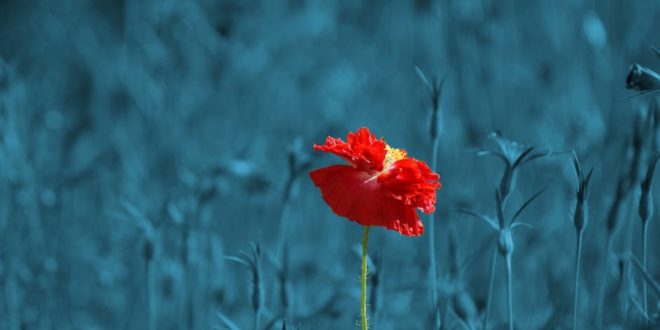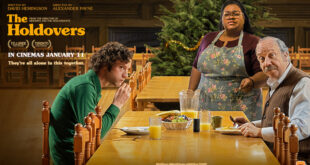OPINION: Anzac Day is the one day of the year that we all, regardless of our skin colour, come together proudly as New Zealanders to honour those who have or continue to represent New Zealand in a conflict or war zone around the globe.
Each year, we take time out from our ever busier lives to remember those who went to war and then were forever altered by it. If they were lucky enough to come home, often as their children we learnt just how changed they were by that experience and so our families were going to be too, even if they’d either never talk about it or would only talk about it with mates over a beer at the RSA. It’s the day when we remember the legacy, cost and scars of war on those we loved and lost.
Over the years, many of us have also come to remember all those touched by wars on Anzac Day: who survived prisoner of war camps, who arrived in New Zealand with nothing after losing everything to the war, those that we’ve come to learn went to prison for being pacifists or having the wrong foreign surname, and more recently, the new immigrants who have come here to build new lives after terrible war experiences in the countries of their birth.
Even if we were never told much about people’s individual experiences of wars, there were legacies that shaped our experience of life. In the late 70’s, one of my flatmates parents came to New Zealand from a Japanese prisoner of war in camp in Indonesia and the other escaped the Germans over the Pyrenees with his brother kicking him awake every time he fell down too exhausted in the snow to continue.
 Some of those personal war stories have taken almost a lifetime to finally be told. A friend who was in Vietnam has only just started to talk about it 50 years later partly because he is one of only two survivors from his unit. Others like my father-in-law who never took his shirt off at the beach to show the scars on his back and still woke up screaming in the night until the day he died refused to talk about what had happened and went to the grave with it. Their lives are intertwined with our lives, their attitudes with our attitudes, their values with our values.
Some of those personal war stories have taken almost a lifetime to finally be told. A friend who was in Vietnam has only just started to talk about it 50 years later partly because he is one of only two survivors from his unit. Others like my father-in-law who never took his shirt off at the beach to show the scars on his back and still woke up screaming in the night until the day he died refused to talk about what had happened and went to the grave with it. Their lives are intertwined with our lives, their attitudes with our attitudes, their values with our values.
When the first young Kiwi and Aussie troops waded onto shore on the beaches of Gallipoli on April 25, 1916, they little knew that later generations would come to see their experience, as loyal subjects of the British dominion, as a big turning point in the forging of our own national identities, and our bonds with our fellow colonials, the Aussies.
Of the 25,000 New Zealand and Australian colonial troops who got off the boats that day, one in four Kiwis would die there.
My personal point of view is part of the reason why so many of our young people attend the Anzac Day dawn services and make the pilgrimage to Turkey every year is because we are proud of the role our parents and grandparents generation played there and the mana that they have earned. We are proud of their difference as Kiwis in the way they conducted themselves and related to the world around them, just as we are proud now of the role our armed services personnel have in conflict situations millions of miles from home like in Afghanistan. Our nuclear free status is part of it, we are different from everybody else – and we like it!









Join the Discussion
Type out your comment here:
You must be logged in to post a comment.